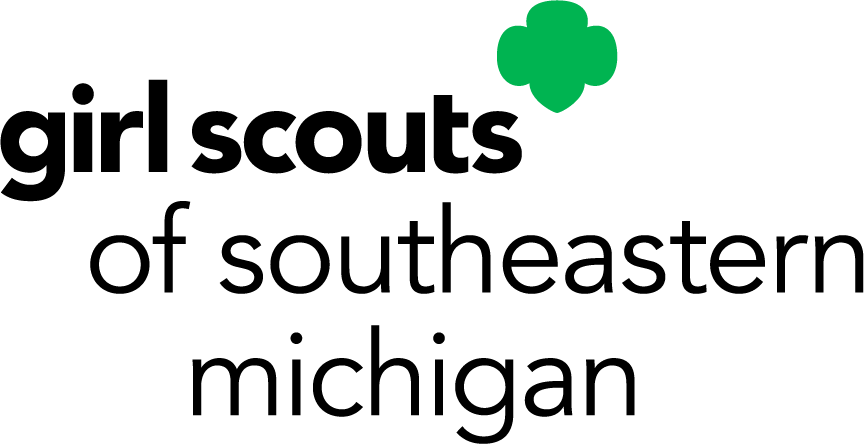
GSSEM's Latest White Paper Examines Gaps in Stem Education and Programming for Metro Detroit Youth
New research will inform the council's strategy to increase access to hands-on STEM opportunities throughout southeast Michigan including the upcoming Mobile STEAM Lab.
December 06, 2024
In ongoing efforts to go 'Beyond the Cookie,' Girl Scouts of Southeastern Michigan is furthering its emphasis on increasing youth access to science, technology, engineering, and math (STEM) education and programming. The council's December 2024 release of Empowering Youth in STEM: Bridging STEM Programming Gaps in Southeastern Michigan looks at the importance of STEM education in youth development, addressing disparities, and fostering economic growth in southeastern Michigan.
Referencing new research and the specially commissioned report from Data Driven Detroit (D3), GSSEM, and General Motors (GM) 2023 called "STEM Opportunity in Southeast Michigan", GSSEM's white paper discusses the findings of critical gaps in STEM programming and proposes actionable strategies to address them including GSSEM's upcoming Mobile STEAM Lab Powered by GM.
While there are many STEM programs available in southeast Michigan, there are still challenges and opportunities for growth. Girls and women, students of color, and students from lower socioeconomic backgrounds are significantly underrepresented in STEM fields.
GSSEM's service area, covering eight southeast Michigan counties, is a unique mix of urban, suburban, and rural geographic areas. Because of the varied population, GSSEM recognized the importance of including state and local data to better understand the region's STEM programming needs. In September 2023, Data Driven Detroit (D3), in partnership with GSSEM and General Motors, published a report, STEM Opportunity in Southeast Michigan. It analyzed data from STEM-related standardized testing, Advanced Placement-level (AP-level) STEM courses, and access to STEM classes taught by certified teachers. D3 used this data to create a "STEM Opportunity Index" ranging from 0 to 7 (the higher the value, the higher the quality).
Researchers determined geographic areas based on GSSEM's service area, which is broken into twelve "Communities." Of the 12 communities examined, only three scored as already having a high STEM opportunity quality range (a score of 5-7). Less than 40.1% of students met or exceeded 5th Grade Science standards in six of the Communities studies.
"This data is a bit unsettling, but we know we can do something about it," said Monica Woodson, CEO of GSSEM. "Access to STEM programs can lead to important academic and personal growth, increased financial and career opportunities, and involvement in future change-making. GSSEM is excited to partner with the southeast Michigan business and education communities to bring more STEM programming to the youth who need it," Woodson concluded.
